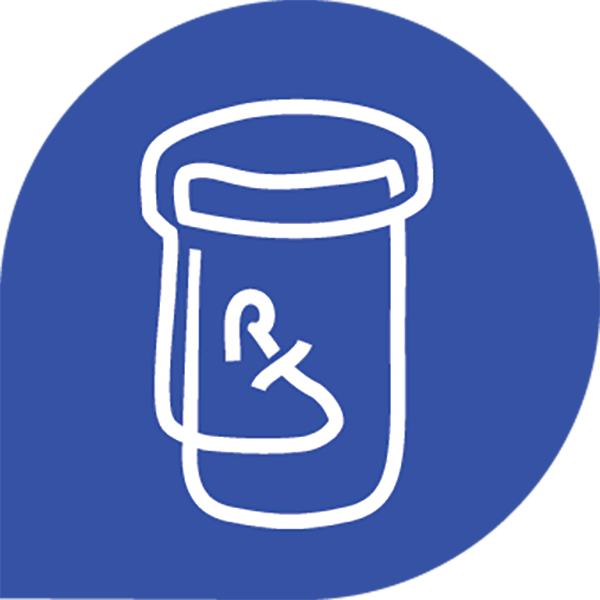Dr. Weeks’ Comment: Alkaline water, TUMS, antacids, dairy – all these things we put in our mouth are bad for us because, by destroying our ability to create and utilize stomach acid, we thwart our body’s ability to digest and absorb our food – we become malnourished. Dropping Acid, a popular essay written in 1993 talks about the importance of stimulating, not suppressing stomach acid. Drinking hot of cold water with a tablespoon of organic apple cider vinegar is a tremendous aid to digestion and can help reduce gastric pain – along with an aloe vera concentrate like AV Assist.
Proton pump inhibitors, or P.P.I.s, the widely used heartburn medicines, may increase the risk of early death, a new study reports.
P.P.I.s, sold over the counter under such brand names as Nexium and Prevacid, have been associated with serious adverse side effects, including kidney disease, bone fractures and infections. This study found an association with death from any cause.
The study, in BMJ Open, compared people who used P.P.I.s with those who used H2 receptor antagonists (Zantac, for example) and with those who used neither. About 350,000 people in the Veterans Affairs health care system database were included and followed for an average of almost six years.
The researchers found that compared to the other groups, those taking P.P.I.s were at an increased risk of premature death, and the longer the use, the greater the risk.
“I don’t want people to panic,” said the lead author, Dr. Ziyad Al-Aly, an assistant professor of medicine at the Washington University School of Medicine. “The risk is not large, and with people who need P.P.I.s for a valid medical condition ”” a bleeding ulcer, for example ”” the benefit far outweighs the risk. But people are taking them when they don’t really need them and they’re getting no benefit, only the risk.”
RELATED COVERAGE





